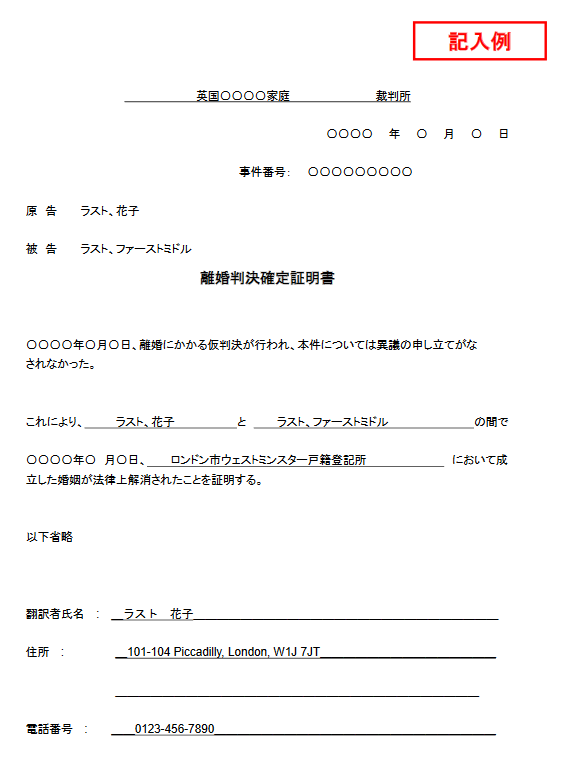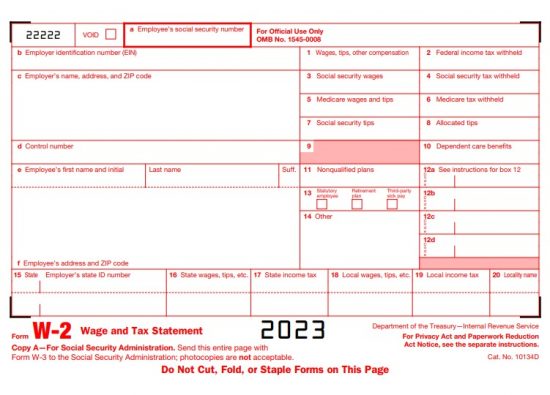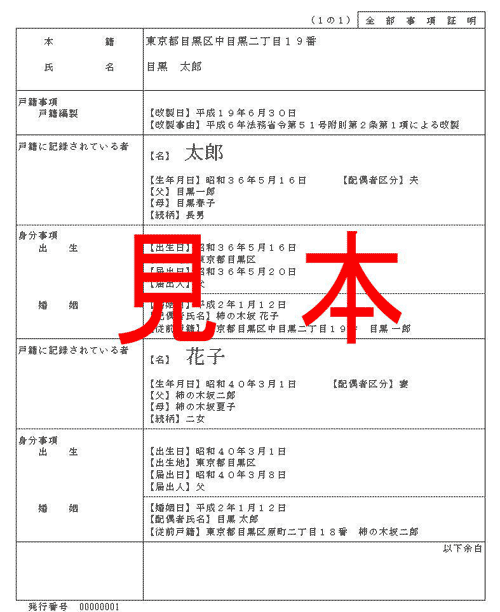Divorce Between Japanese and British Nationals
Divorce Between Japanese and British Nationals
When a Japanese and British person divorce, the applicable law is determined by Article 27 of the General Rules for the Application of Laws, which states that Japanese law will apply if one spouse is a Japanese national with a habitual residence in Japan. If either spouse is Japanese and registered as a resident in Japan, they are considered to have a habitual residence in the country.
As a result, most couples living in Japan and seeking a divorce in the country will be subject to Japanese law. However, exceptions exist for those currently living outside Japan.
Divorce Procedures in Japan and the UK
When Japanese law is the governing law, divorce can be achieved through agreement, mediation, arbitration, or litigation. The recognition of a Japanese divorce in the other spouse’s country depends on that country’s laws (many countries do not recognize Japanese divorce by agreement).
In the UK, there is no “divorce by agreement” system like in Japan. Divorce generally requires litigation. However, UK case law may recognize a divorce by agreement in Japan if the parties agree on the terms. Consulting a UK solicitor is necessary to understand UK divorce rules and procedures.
Reporting UK Divorce in Japan
UK divorce procedures differ between England, Wales, Scotland, and Northern Ireland. After obtaining a UK divorce decree, one must submit documents to the Japanese embassy or local municipal office, such as the family register, divorce decree, and Japanese translation. Japanese nationals are required to report the divorce within 10 days of the decree becoming final.

Post-Divorce Residence Status
After a divorce, a British national’s spouse visa in Japan will no longer be valid. They must obtain permission to change their residence status to a work-related visa, such as the so-called “divorce settlement,” skilled labor, or business management visa. Do not hesitate to inquire about changing residence status after a divorce.






